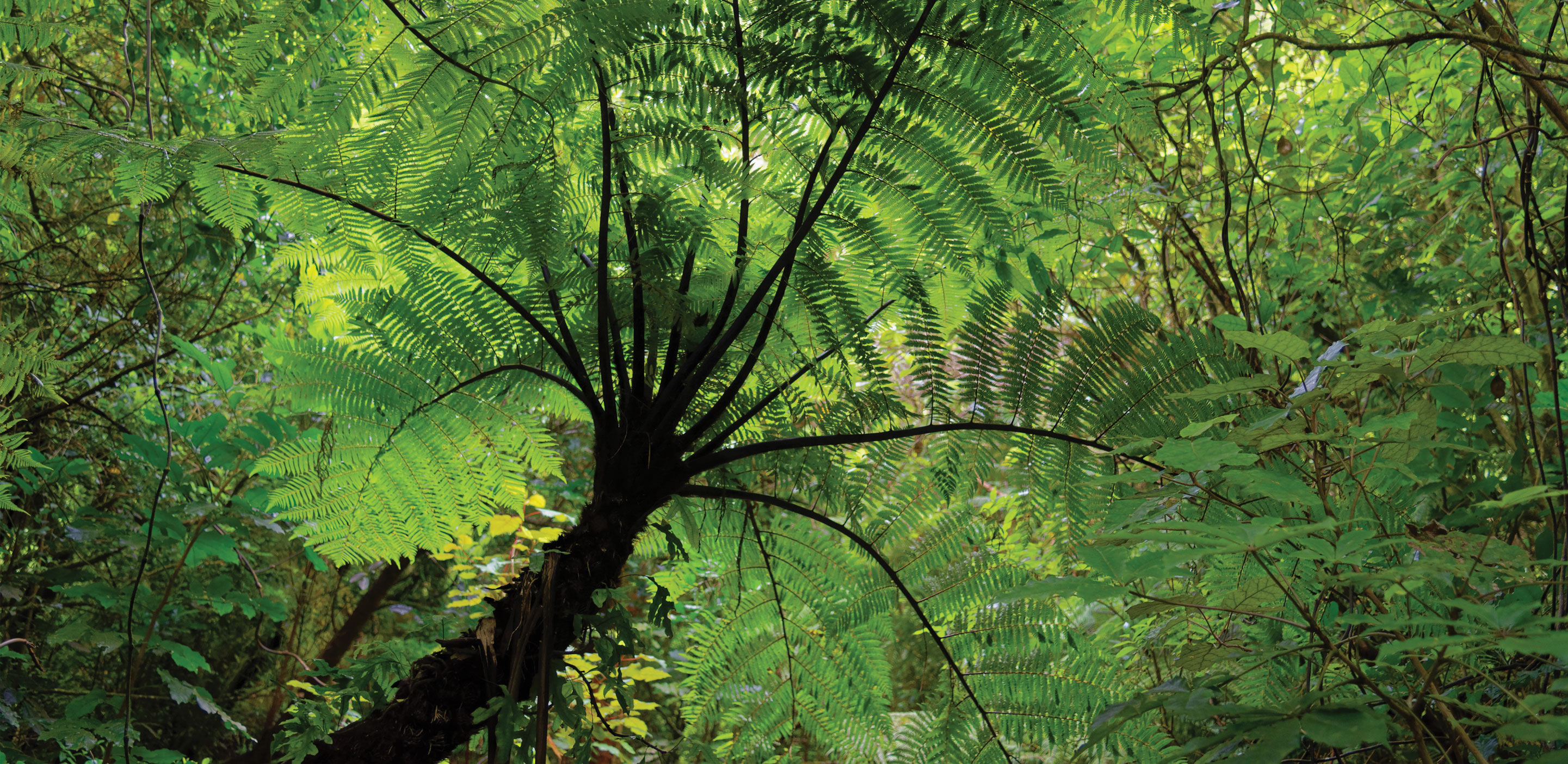1.3 Concepts of harm and restoration and framing principles
Our approach to puretumu torowhānui draws from Aotearoa New Zealand’s own unique Tiriti-based history and context to ensure that puretumu torowhānui effectively responds to the needs of survivors, their whānau and communities.
Te ao Māori world view offers a pathway for understanding tūkino , or abuse, harm and trauma, and restoration which centres on the oranga, or wellbeing, and mana of a person in the context of their wider whakapapa and whānau-based relationships, and on the health of those relationships.
We have chosen to draw on these tikanga Māori, or Māori customary practices or behaviours, and whakaaro Māori, Māori worldview or philosopy, to examine puretumu torowhānui, or holistic redress, because survivors of abuse in care are disproportionately Māori, and for some, a meaningful response to the tūkino inflicted and suffered can only occur on Māori terms. More than that, we consider that tikanga Māori concepts resonate with many survivors, and with their views about the impacts of abuse and the actions that are needed to restore their lives.
We also recognise the special relationship that Aotearoa New Zealand has with its Pacific neighbours and Pacific communities, and the significant number of Pacific people that experienced harm in care in Aotearoa New Zealand. We look to Pacific world views in order to understand puretumu torowhānui in a way that will be meaningful to many Pacific survivors.
These world views focus strongly on relationships between people and holistic concepts of wellbeing, and this resonates with what we heard from many survivors. Some of the most pressing survivor needs include restoration of connection and sense of belonging, including connections with whakapapa, whānau, and culture; resolution and healing of trauma; restoration of physical and mental health; provision for education, housing, employment and economic needs; and support to parent and have meaningful relationships with their children – described by survivors as the ability to love.

